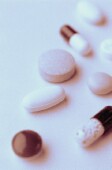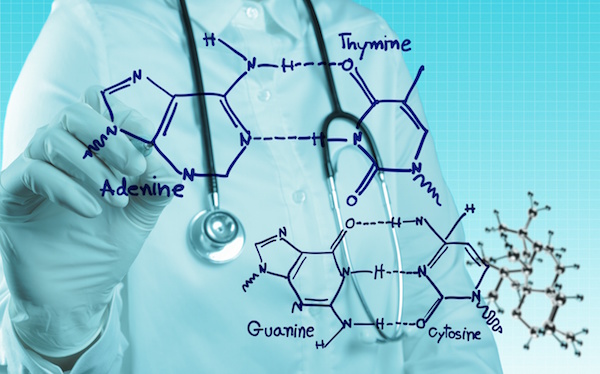
MONDAY, April 5 (HealthDay News) — Although marketed on the Internet as “natural,” the popular weight loss supplements known as Brazilian diet pills contain potentially addictive ingredients, researchers say.
The U.S. Food and Drug Administration warned consumers in 2006 of dangers associated with the diet pills, but they remain popular and easy to order online, the researchers say.
“What we have seen and what the FDA has found is that, unfortunately, there are dozens of products that are sold as dietary supplements that are contaminated with pharmaceutical compounds,” said lead researcher Dr. Pieter Cohen, an instructor in medicine at Harvard Medical School.
People already prone to addiction can become dependent on these nonprescription drugs, and stricter oversight by the FDA is needed, Cohen said.
“When you are purchasing these products, you have no idea what you are getting,” he noted. “There is a very lax regulatory framework that surrounds dietary supplements. Basically, all dietary supplements are assumed to be harmless until the FDA demonstrates that they are dangerous.”
In the article, published in the April 5 online edition of the American Journal on Addictions, Cohen and a colleague, Benjamin Smith, tell the story of a 29-year-old who needed psychiatric care to kick her addiction to Brazilian diet pills.
The problem wasn’t with the herbal content; rather, it was a mixture of amphetamines, tranquilizers and antidepressants, the researchers say.
Although sometimes unemployed and homeless, the woman increased her dose over four years, eventually taking four pills a day at a daily cost of $160, Cohen noted.
“Even though she couldn’t afford the pills, she borrowed money so she wouldn’t have to stop,” Cohen said.
When she tried to wean herself off them, she experienced symptoms of withdrawal, including tremor, headache, cravings and anxiety. Only under a psychiatrist’s care was she able to kick her addiction.
Her case is proof that undeclared ingredients in some dietary supplements can cause serious psychiatric problems, Cohen said.
Earlier research found some of these diet pills cause chest pain, racing heart and insomnia, but the resulting psychiatric problems are not well-understood, Cohen said.
The pill makers probably add the pharmaceutical agents because they are the ingredients that promote weight loss, not the herbal concoction, he said.
“If you are taking a dietary supplement and it’s actually working, then I’d be concerned that something else is in that pill,” Cohen said. “Everyone who is consuming dietary supplements, which is half of U.S. adults, are in some ways guinea pigs,” he said.
Given that about 20 million Americans use nonprescription diet pills a year but don’t tell their doctors, the authors said physicians should screen for their use.
Dr. Ihsan Salloum, professor of psychiatry and chief of the division of alcohol and drug abuse at the University of Miami Miller School of Medicine, agreed that the mix of drugs in the diet pills can cause devastating symptoms of addiction.
“When people are withdrawing from a stimulant, they could also have suicidal thoughts and ideation,” he said.
“The frightening thing is they are sold over-the-counter, so people think they’re safe and natural,” Salloum said.
More information
For more information on Brazilian diet pills, visit the U.S. Food and Drug Administration.

